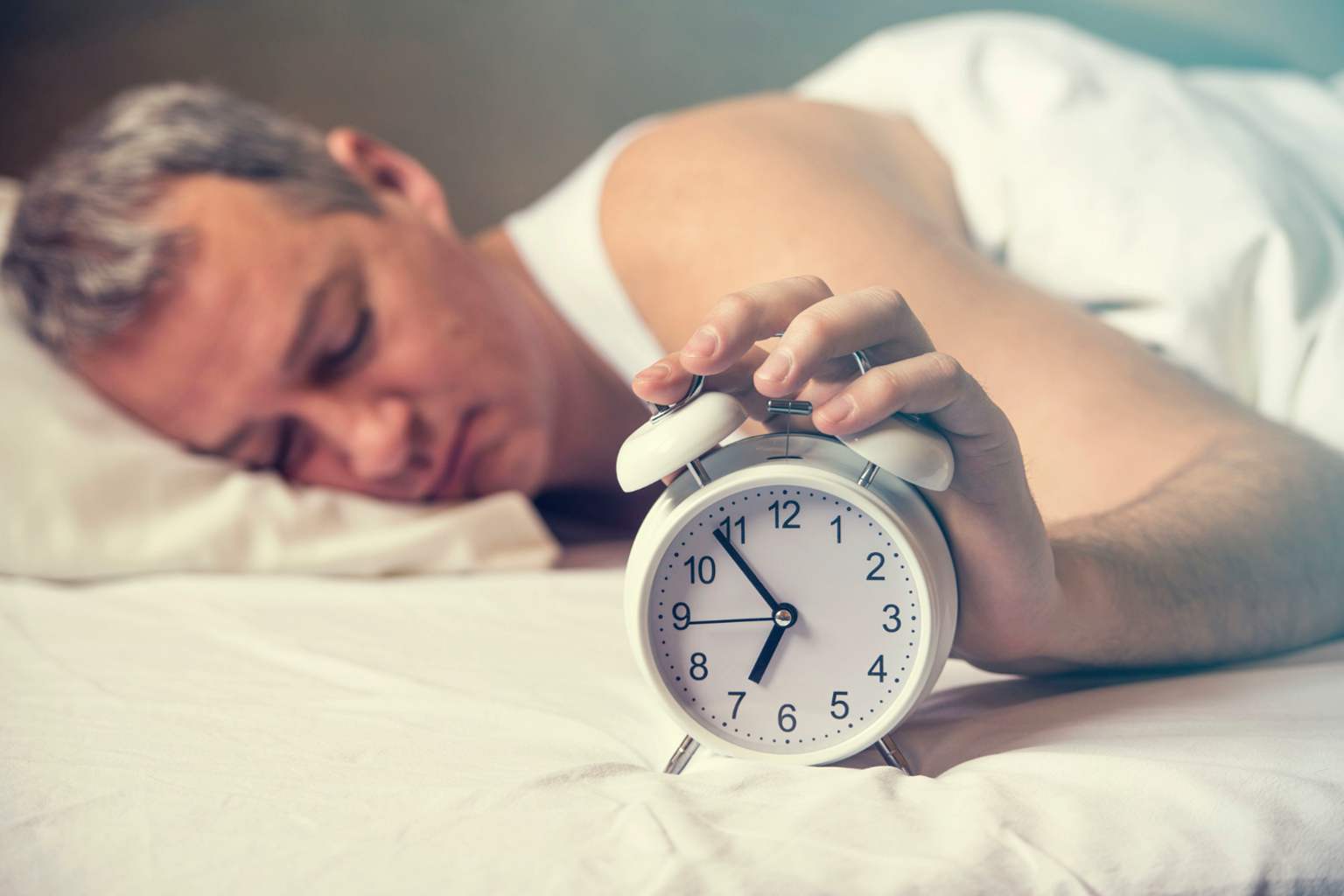Finding the right sleep balance after 60 is crucial for keeping both your body and mind in good shape. But is it really true that as we age, we should accept sleeping less? Let’s dive into what healthy sleep looks like as you enter your golden years.
How aging changes your sleep patterns
Many people think it’s normal to sleep just a few hours after 60, but that isn’t quite right. Our natural biological rhythm shifts with age, often leading to lighter, more fragmented sleep. You might find yourself waking up in the middle of the night or staying awake longer than before.
Deep slow-wave sleep, which is the most restorative phase, decreases in quantity and intensity compared to when you were in your 20s. According to Dr. Marc Rey, a neurologist and sleep expert, this happens because the brain’s activity becomes less synchronized as we grow older. Some parts stay awake to process important information, which can mean less uninterrupted rest.
Sleep cycles, usually lasting about 90 minutes, still govern our nightly rest. But after 60, those nighttime awakenings tend to last longer and become more memorable. So instead of simply nodding off again, you might lie awake and feel like you’re not getting enough rest.
How much sleep should you get at 60 and beyond
Despite these changes, seniors still need a solid chunk of shut-eye. Experts recommend between 7 and 9 hours of sleep per night for people aged 60 to 64, then around 7 to 8 hours once you hit 65 and older. This range allows your body to fully recover and maintain good physical and mental health.
What counts most is waking up feeling refreshed and alert. That’s the real sign of quality sleep, no matter how many hours you actually spend in bed. Some lifelong “short sleepers” might feel fine on less, while “heavy sleepers” need more rest.
Many factors can disrupt sleep during these years. For men, prostate problems can cause frequent bathroom trips at night. For women, hot flashes and night sweats tied to menopause may interfere with rest. Pain from arthritis or other health issues can also make falling asleep or staying asleep more difficult.
Tips to improve your sleep quality after 60
There are strategies you can adopt to fight sleep disturbances and refresh your nightly rest. Taking short daytime naps, ideally no longer than 20 minutes, can help compensate for lost sleep without ruining your nighttime schedule. The best time for these naps is early afternoon, between 1 and 2 p.m.
Maintaining a consistent bedtime routine is another key to better sleep. This means winding down before bed with relaxing activities like reading or gentle stretches. Avoiding caffeine and heavy meals close to bedtime helps too. Regular physical activity, even just a daily walk, can tremendously boost how well you sleep.
I remember my grandfather, who struggled with sleep for years. Once he started taking short daytime naps and adjusting his evening habits, he found himself waking up less and feeling more energized during the day. It’s amazing how small changes can make a big difference.
Have you noticed any shifts in your sleep as you’ve grown older? What tricks have helped you get a better night’s rest? Share your experiences or tips below so we can learn from each other and embrace those restful nights together.

This is a good advice to me and I’m very thankful. Please keep on advising.
Thanks